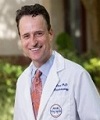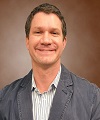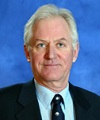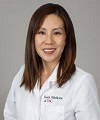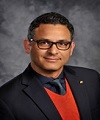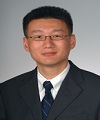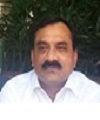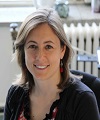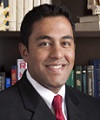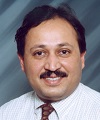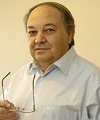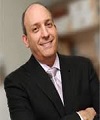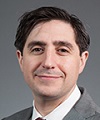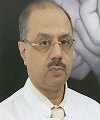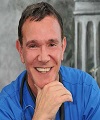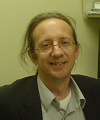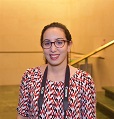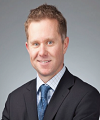Ismail Hakki was born in 1954 in Trabzon. Elementary school Maçka completed middle and high school education in Trabzon. After completing Ataturk University Faculty of Medicine, he started as an assistant at Brain Surgery Department. After continuing his specialization at the Faculty of Medicine of Istanbul University, Department of Neurosurgery, Professor at the Neurosurgery Clinic of Zurich University. Dr. Mahmut Gazi completed his studies on micro neurosurgery beside Yasargil. He served as an Instructor at the Zurich Micro Neurosurgery Research Center, and was also involved in research in Cerebro-vascular microsurgery. He returned to Turkey at the end of 1984 and was appointed to the Presidency of the Department of Neurosurgery at Ataturk University Medical Faculty. In 1985, he first founded the University of Micro Neurosurgery Research Laboratory in Turkey. In addition to Switzerland, he has been researching at different times in Germany, France, England, Austria, Belgium, Holland, Italy, Spain, Yugoslavia, Canada, USA and Japan. In 1988, TUBITAK received the TUBITAK award in 1990 for the first time in the world to develop a new surgical technique used in the operations of brain-artery occlusions, which was literally translated in its own name. In 1991, the United States was awarded the Congress of Neurological Surgeons' INTERNATIONAL FELLOW and FCNS title for his research and contributions to surgical treatment of brain hemorrhages and aneurysms. In the same year, he was awarded by RECTORS and DECISION. AYDIN won the TURKISH NEUROSURGERY RESEARCH AWARD in 1992. The same year, he was elected to the European Stroke Science Council. In the American Stroke Council, he was given the INTERNATIONAL SCIENTIST MAN and FICA DEPARTMENT. In 1992, 1993, 1994 and 1995, he received the US Continuing Medical Education Credit Awards in Neurosurgery. In 1993, he became the first Turkish and first Muslim scientist to enter the Council by electing the Congress of Neurological Surgeons INTERNATIONAL BOARD OF DIRECTORS, as well as members of the Council of Brain Tumors, the Cerebrovascular Surgery Section and many other scientific and administrative boards in the United States. As an invited lecturer, Professor Aydin participated in many international conferences and participated in the publishing boards of scientific journals. He is the OFFICIAL LECTURER of New York Science Academy's Active, AANS 'International Member and 1994 International Skull Base Surgery Congress, was elected to the International Science Council. In 1996, the US received a Neurosurgeon Continuing Education Award with very high credit. With the cause of a research done in 1997, it was COVER to an International Neurosurgical Journal. 1999 received the Turkish Neurosurgery Award. The International Conference of the Year 2000 was selected by the United States Department of Neurosurgery (CNS). Overseas and in our country, many institutions and organizations have been appreciated and rewarded many times. In 2001 in Hidistan, due to the contributions of the Dream Science, it was transformed with CRYSTAL KÃœRE. In 2002 he was invited to Yemen, where he gave many lectures and conferences, and performed educational surgeries. In 2004, she participated in the Pakistan Brain Surgery Congress as a SURF TARGET and gave various conferences. It was abridged here with "ANNUAL AWAR 2004". At international level, more than 200 domestic and foreign scientific studies. Dr. Ismail Almighty Aydin, to this day, many Doctors, Brain Surgeons, Assist. Professor, Associate Professor and Professor. The surgical techniques developed and developed by leading scientists of the world, both abroad and in books and articles, have been included in classical books. Professor AYDIN is also present in the evaluation and decision boards of various scientific organizations besides his duty in Atatürk University Brain Surgery Department. He also works as the President of CNS 'INTERNATIONAL ASSOCIATION AND NERVOUS SYSTEM SURGERY ASSOCIATION in the USA. He is married, has three children, He speaks four foreign languages.
